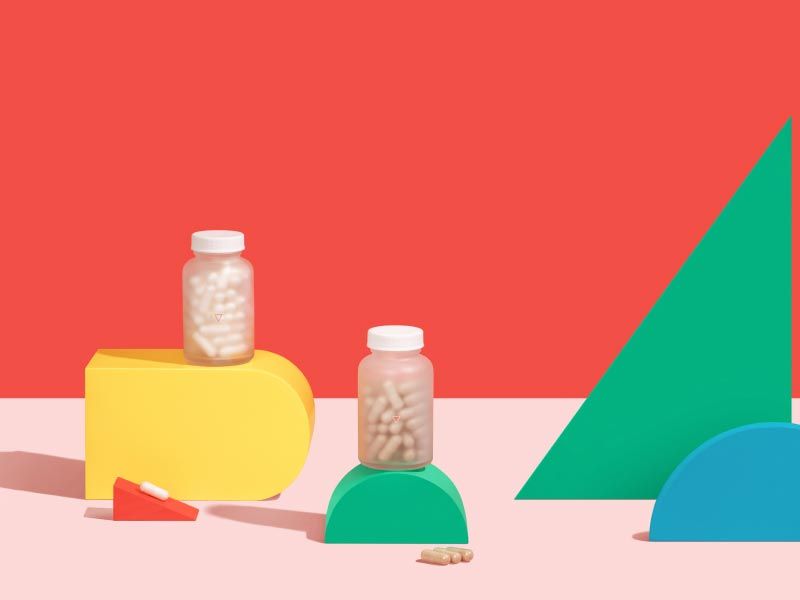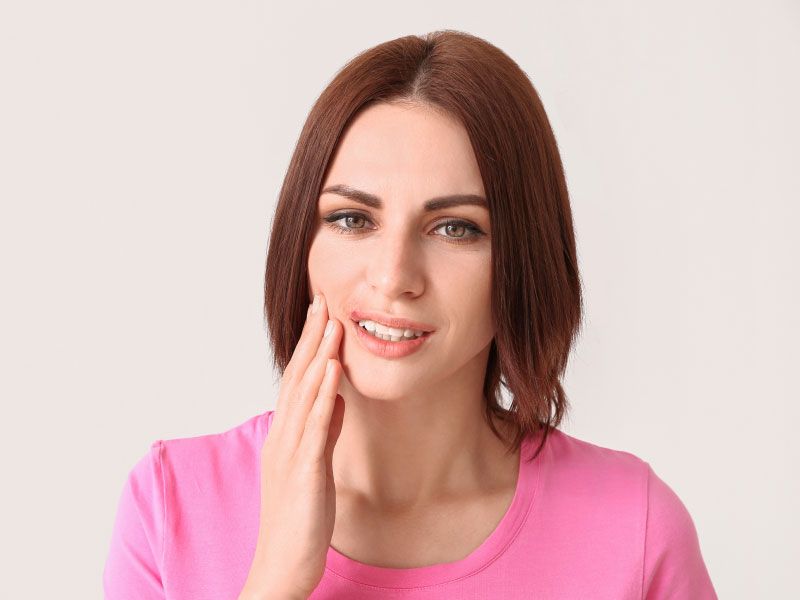
How to Stop Cold Sores
and Never Worry About
Another Outbreak
By Lizzie De La Cruz
August 16, 2024
We have all dealt with a cold or flu—these common illnesses are caused by viruses that are passed from person to person. However, unlike the common cold, there is a stigma associated with cold sores that makes people fearful. This stigma leads to embarrassment and shame and often causes people to hide from the world when they get outbreaks.
Herpes Simplex Virus type 1 (HSV-1) causes cold sores and is a virus like any other! HSV-1 is passed with human contact. In fact, most people are exposed as children when they are kissed by family members. Cold sores are incredibly common and are easily managed with cold sore medications. These medications can help treat current outbreaks and prevent future ones.
Signs and symptoms of cold sores
There’s no way around it—cold sores are hard to hide. They pop up right on your face, often at the most inconvenient time! Outbreaks can happen anywhere around your mouth. You can get a cold sore in the corner of your mouth, on your lip, or even a cold sore in your nose. And once they’re there, they love to linger. If you’re experiencing any of the following for the first time, you’re probably dealing with a cold sore outbreak:
- Painful blisters on your mouth, lips, nose, and throat. These blisters can break open and scab.
- These blisters can cause pain in the throat and in the mouth itself.
- The neck can begin to swell and hurt.
- Flu-like symptoms such as fever, body aches, and fatigue.
Many of these signs and symptoms can last up to 12 days. This can be a painful couple weeks if you’re dealing with symptoms, but there are prescription and over-the-counter cold sore medications that can help treat cold sores both internally and topically.
Once you have an outbreak, you might be wondering–can you pop a cold sore? Popping a cold sore is tempting, but never a good idea! It’s painful, it can lead to infection, and it can spread your outbreak to other areas of your mouth. Instead, let’s look at cold sore medications that can actually help!
When an outbreak happens
It is important to take cold sore medications as soon as the first signs or symptoms occur. The first sign often feels like a slight tingle on the lips—once you feel it, you’ll know it when it appears again. Both prescription antivirals and over-the-counter cold sore medication at the first sign of symptoms can shorten the length of your outbreak and help make it less painful.
If you have less than six episodes a year, then your treatment plan may be episodic (taking medicine only when you feel an outbreak coming on). There are two prescription cold sore medications that can help during this phase. Valacyclovir is a cold sore medication that can be taken once a day. Acyclovir comes as a pill or a cream that is taken twice a day. Both medications should be taken from the first sign until the outbreak is gone.
Taking a Valacyclovir dosage for cold sores can help your outbreak disappear faster, but cold sores can still be painful while they heal! Take your mind off the bothersome symptoms with Lidocaine Pain Cream for Cold Sores. This powerful cream numbs the nerves associated with herpes pain so you can focus on things other than your outbreak.

Valacyclovir & Acyclovir For HSV-2
Starting at $10/ month
Prescription antiviral pills used to prevent & treat outbreaks
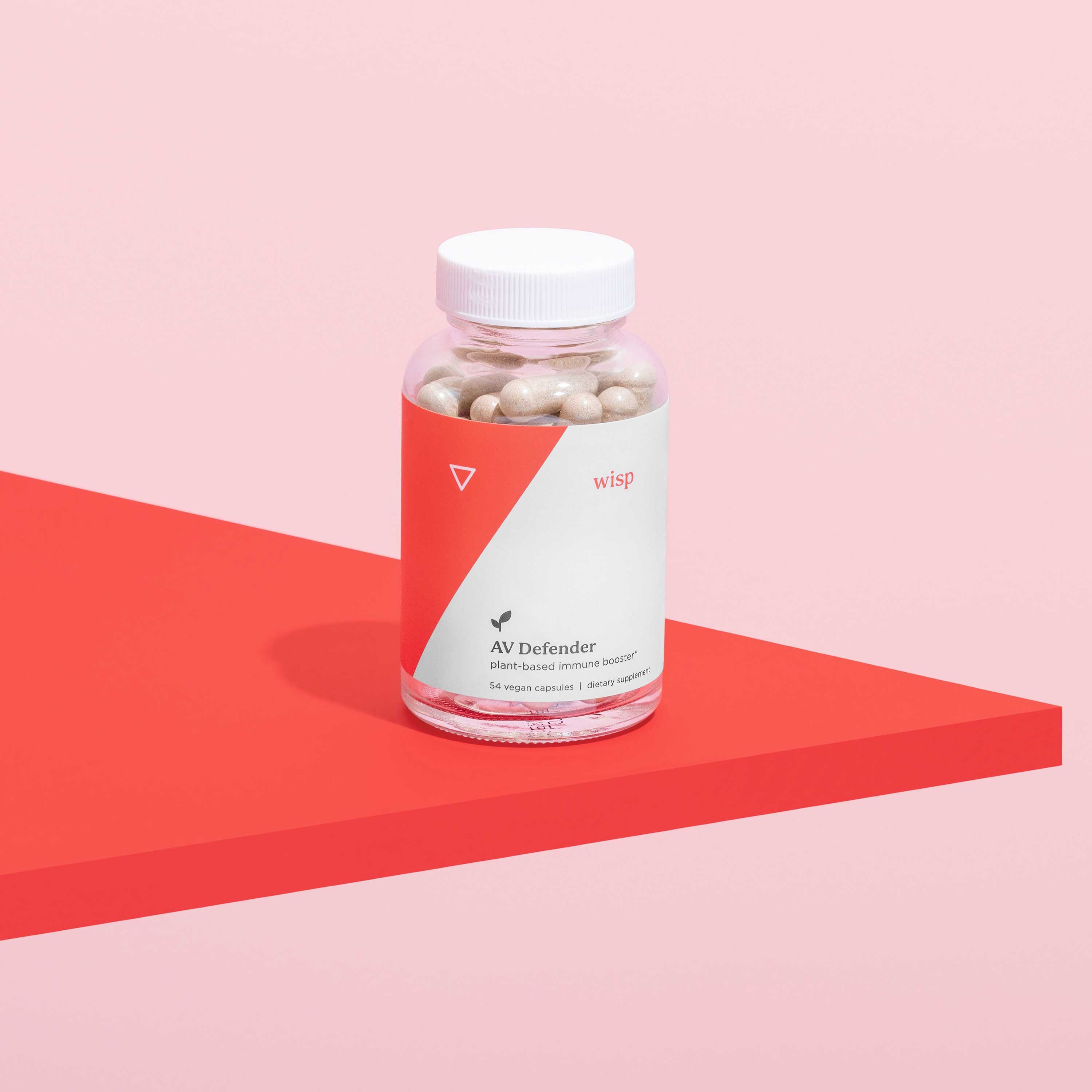
AV Defender Herbal Supplement | HSV-2
Starting at $27
This natural immunity booster supports key areas of the body to help reduce the frequency of outbreaks.
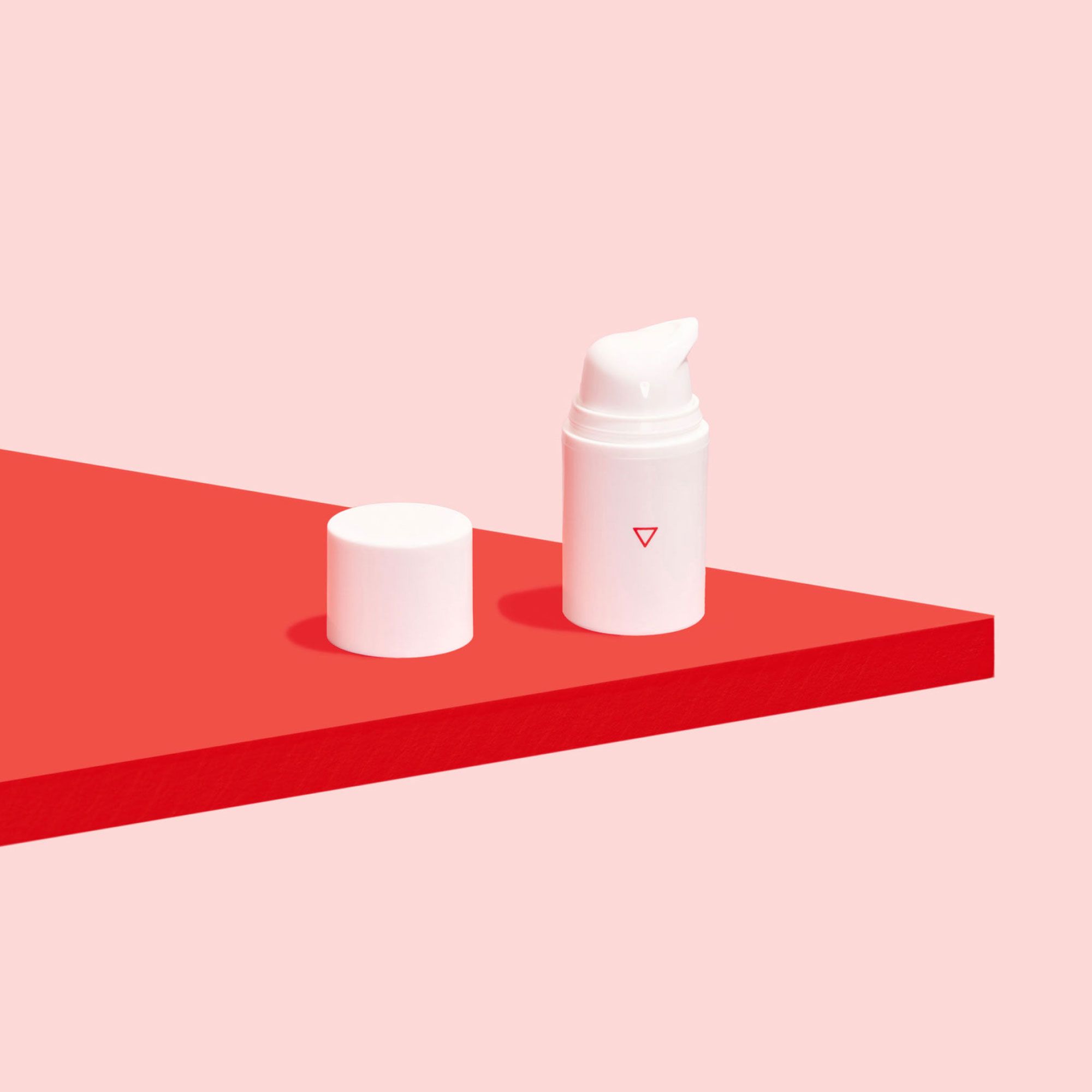
Lidocaine-Amitriptyline Cream | HSV-1
Starting at $30
Fast cold sore pain relief, without the waiting room.
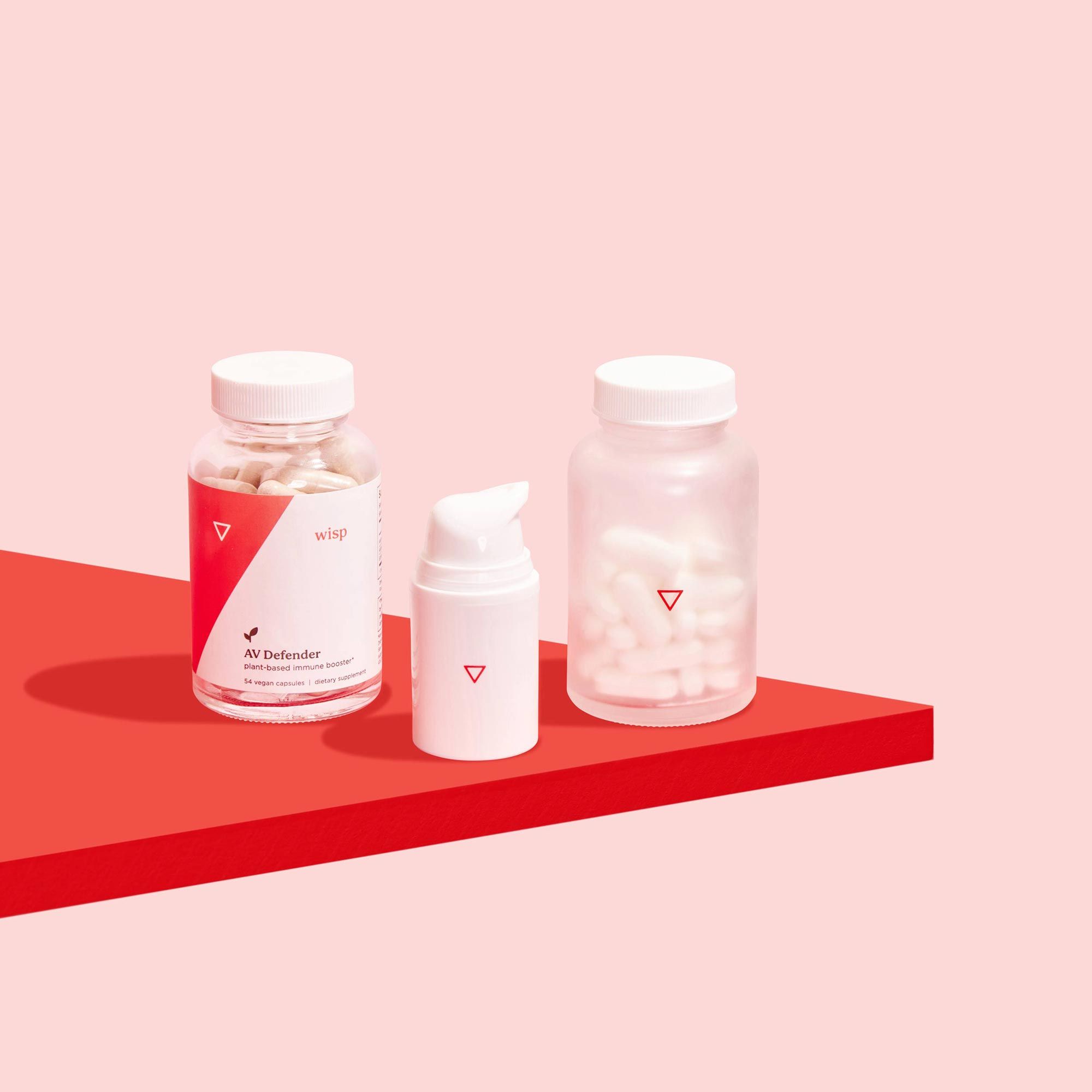
Cold Sore Trio
Starting at $45
Bundle Valacyclovir & Acyclovir For HSV-1 & HSV-2, Acyclovir 10% Topical Cream, and All-Natural AV Herbals to treat & prevent outbreaks.
Future outbreaks
In some cases, you may deal with frequent outbreaks, especially if you’re stressed. You may also be concerned about passing the cold sore virus to a partner during an outbreak, or even when you have no signs. Taking cold sore medication regularly can reduce the chance of passing on the virus and suppress future outbreaks. For suppressive treatment, the same cold sore medication (Valacyclovir and Acyclovir) can be used. This cold sore medication will help with immediate outbreaks and fight the virus in your system to limit future occurrences.
Cold sores can feel like a lot, but you’re not alone! There are plenty of people out there dealing with the same thing. To connect with others passionate about destigmatizing outbreaks and learn more about cold sore medication, follow us on IG @hellowisp.
How long do cold sores last?
Alright, now that you know how to recognize an outbreak, you’re probably wondering how long do cold sores last. The answer to that is: it depends!
The first time you have an outbreak is usually the worst, with initial cold sores taking up to three weeks to heal. Any cold sores you experience after that can take one to two weeks to heal if no medication is used to speed along the process.
It’s important to note that every person’s system reacts to HSV-1 differently. Some folks never have a second outbreak, some have the virus dormant in their system for years. For others, cold sores might be all-too-frequent visitors!
It’s not totally understood what triggers an outbreak, but a few common factors tend to contribute to cold sore recurrence. These factors include:
- Stress
- Injury or surgery
- Being on your period
- Sun or wind exposure
- Having a cold or other illness
Recurrent cold sore outbreaks are the most common during the first year of having the virus. After that, you build up antibodies that help keep them from popping up as often. Combine your antibodies with a Valacyclovir dosage for cold sores and you’ll be good to go!
How long is a cold sore contagious?
There’s a pesky little rumor out there that cold sores aren’t contagious after they scab over. But, we’re here to set the record straight. HSV-1 is a super contagious virus–which is why cold sores are so common! Whether it’s a cold sore on the corner of your mouth, on your lip, or a cold sore in your nose, it’s contagious until it’s completely healed–which can take up to two weeks.
While it’s possible to spread HSV-1 when you don’t have the signs or symptoms of a cold sore, it’s much more contagious when you have an active outbreak. Avoid kissing, oral sex, and sharing drinks when you have a cold sore to help keep it from spreading.
How fast does Valacyclovir work for cold sores?
Have a date coming up, a vacation planned, or just no time for a cold sore? We feel you! Taking antiviral medication as soon as you feel a cold sore coming on will help speed up the healing process. Studies have shown that taking Valacyclovir for cold sores can help outbreaks heal one day faster and can help keep an outbreak from fully forming.
While it’s not a time machine, taking an episodic Valacyclovir dosage for cold sores is an effective way to treat outbreaks when you feel that familiar tingle. And if you’re experiencing more than six outbreaks a year, a daily suppressive dose of antivirals can help you prevent cold sores before they start.
How to hide a cold sore
At Wisp, we’re all about shattering stigmas. So we’ll be the first to say that cold sores are nothing to be ashamed of! But, we also understand that you might want to hide a cold sore while it heals. One great way to do this is with hydrocolloid patches! Stick these small-but-mighty bandages on your cold sore to keep them covered and out of sight–with the added benefit of faster healing.
So, if you’re dealing with cold sores there are a few things to know: 1) You’re with good company! 2) There’s nothing to be ashamed of, & 3) Prescription and over-the-counter cold sore medications are here to help.

